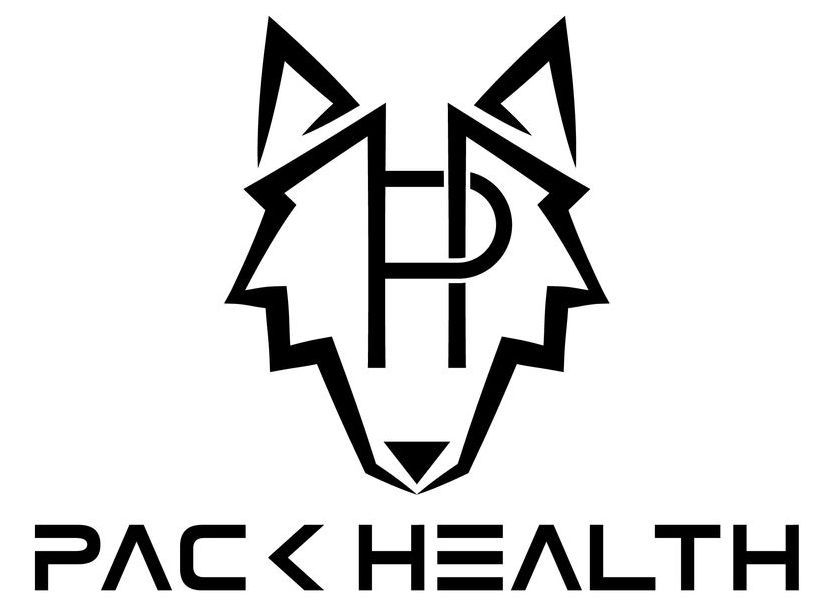Box Breathing
Best for: Overwhelm, overthinking, performance anxiety.
How to do it:
- Inhale for 4
- Hold for 4
- Exhale for 4
- Hold for 4
(Repeat for 4–6 rounds)
This technique is used by athletes and emergency responders to stay focused under pressure. It’s great when you feel scattered or stuck in your head.





